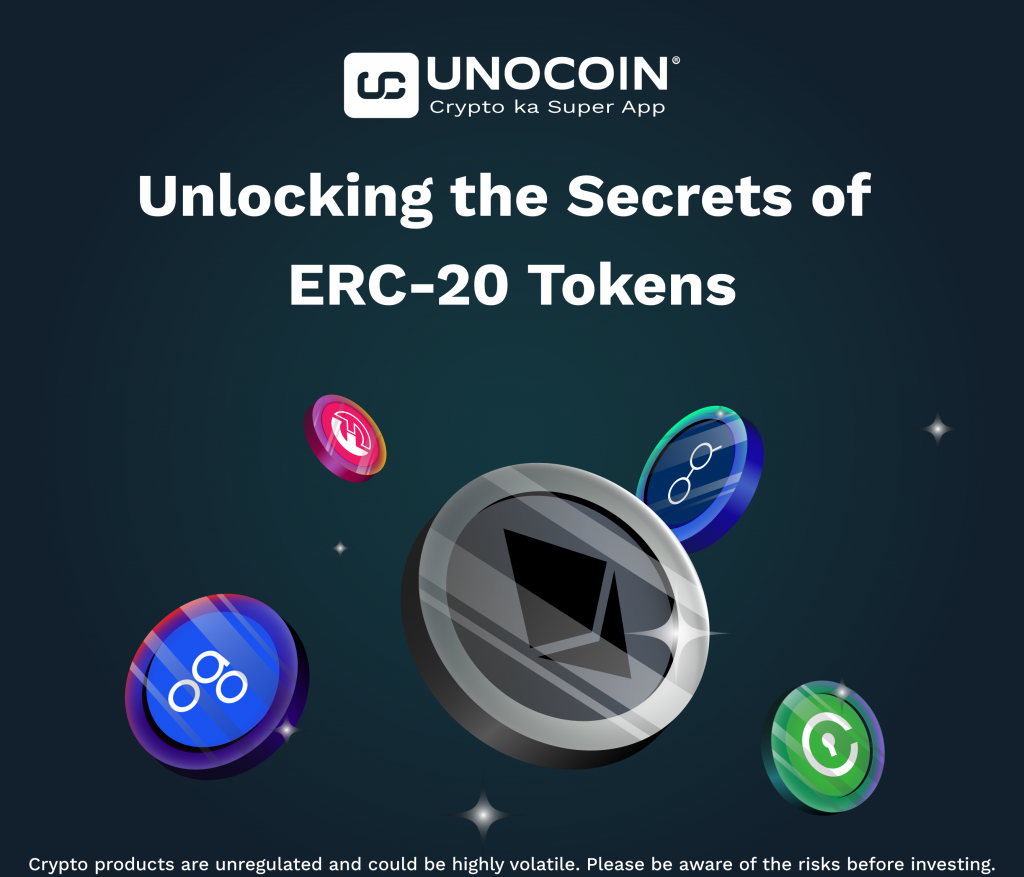Introduction:
ERC-20 tokens have revolutionized the world of blockchain and cryptocurrency by providing a standardized framework for tokenization on the Ethereum network. In this ultimate guide, we dive into the intricacies of ERC-20 tokens, their benefits, and their role in powering decentralized applications (DApps), initial coin offerings (ICOs), and the broader digital asset ecosystem.
Understanding ERC-20 Tokens:
ERC-20 is a token standard on the Ethereum blockchain that defines a set of rules and features that tokens must follow in order to be compatible with the Ethereum network. ERC-20 tokens are fungible, meaning that each token is interchangeable with another token of the same type. This standard became the basis for the vast majority of tokens issued on the Ethereum network.
Token creation and functionality:
Creating ERC-20 tokens involves developing a smart contract that complies with the ERC-20 standard. These smart contracts define the total supply of tokens as well as functions such as transferring tokens, checking balances and approving token transfers. ERC-20 tokens can represent a wide variety of assets, including utility tokens, security tokens, stablecoins, etc.
Use Cases and Benefits of ERC-20 Tokens:
ERC-20 tokens have opened up a number of possibilities within the blockchain ecosystem. Some common use cases include:
Utility Tokens: ERC-20 tokens can be used to access specific features or services within a decentralized application, creating an incentive for users to engage with the platform.
Fundraising: ERC-20 tokens have become a popular choice for conducting ICOs, allowing projects to raise capital by selling tokens to early adopters and investors.
Interoperability: ERC-20 tokens are compatible with a wide range of Ethereum-based DApps, wallets and exchanges, facilitating seamless integration and increasing liquidity.
Governance and Voting: ERC-20 tokens can grant holders voting rights in Decentralized Autonomous Organizations (DAOs) and enable community governance within decentralized protocols.
Challenges and Considerations:
While ERC-20 tokens have revolutionized tokenization, there are challenges and considerations to keep in mind:
Security: Care should be taken to ensure that smart contracts governing ERC-20 tokens are properly audited and secured, as vulnerabilities can lead to potential abuse.
Gas Fees: Since ERC-20 tokens operate on the Ethereum network, users must consider gas fees associated with transactions, which can fluctuate depending on network congestion.
Scalability: Ethereum’s scalability limitations can result in network congestion during periods of high demand, affecting transaction speeds and costs.
Token Standards: In addition to ERC-20, other token standards such as ERC-721 (NFT) and ERC-1155 (multi-token standards) offer unique features and functionality for specific use cases.
Conclusion:
ERC-20 tokens have changed the tokenization landscape, enabling the creation and management of digital assets on the Ethereum blockchain. Their standardized nature, broad compatibility, and a wide variety of use cases make ERC-20 tokens an integral part of decentralized finance (DeFi), gaming, collectibles, and more. As the Ethereum ecosystem continues to evolve, ERC-20 tokens are likely to play a key role in driving innovation and shaping the future of blockchain technology.
Please find the list of authentic Unocoin accounts for all your queries below:
- YouTube Channel: https://www.youtube.com/c/Unocoin/videos
- Newsletter: https://medium.com/subscribe/@Unocoin_growth
- Blogs: https://blog.unocoin.com
- Instagram: https://www.instagram.com/unocoin/
- Twitter: https://twitter.com/Unocoin
- Facebook: https://www.facebook.com/unocoin/
- LinkedIn: https://in.linkedin.com/company/unocoin
- Telegram Group: https://t.me/Unocoin_Group
- Telegram Channel: https://t.me/+fasQhTKBsfA5N2Zl
- Telegram: https://t.me/UnocoinSupport_Bot
- E-mail id: support@unocoin.com
- Contact details: 7788978910 (09:30 AM IST – 06:30 PM, Mon – Sat)
- App store link: https://apps.apple.com/us/app/unocoin/id1030422972?ls=1
- Playstore link: https://play.google.com/store/apps/details?id=com.unocoin.unocoinwallet
Disclaimer: Crypto products are unregulated as of this date in India. They could be highly volatile. At Unocoin, we understand that there is a need to protect consumer interests as this form of trading and investment has risks that consumers may not be aware of. To ensure that consumers who deal in crypto products are not misled, they are advised to DYOR (Do Your Own Research).

